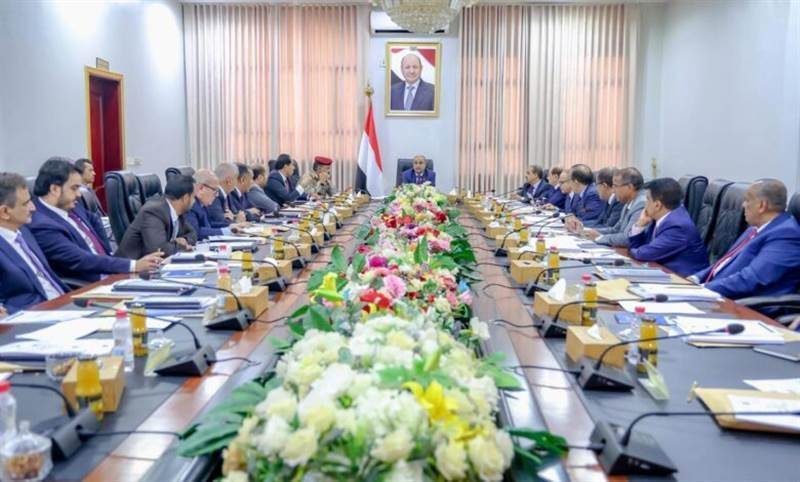Yemen’s Public Debt Crisis Deepens: Experts Warn of Imminent Economic Collapse
Economic experts have sounded the alarm over Yemen’s rapidly escalating public debt, as the internationally recognized government moves toward additional external borrowing amid a severe financial division and dwindling foreign reserves — conditions that could trigger a new economic collapse threatening stability and livelihoods.
According to Abdul Hamid al-Masajidi, head of the Economic Media and Research Forum in Aden, Yemen’s external debt has reached about $7 billion, while domestic debt exceeds 11 trillion riyals, in the absence of accurate financial data and mounting creditor obligations. This, he said, makes public debt management one of the biggest challenges facing the Central Bank in Aden.
Al-Masajidi also revealed that an estimated $190 billion has left Yemen during the years of conflict — particularly from government-controlled areas — eroding foreign reserves and limiting the Central Bank’s ability to cover imports for more than a few weeks. Inflation, meanwhile, has surpassed 35% by mid-2025.
He stressed that any economic recovery depends on achieving a comprehensive peace, unifying fiscal and monetary policies, and implementing structural reforms to improve revenues and control expenditures. Without such measures, Yemen’s economy will remain trapped in a cycle of contraction and chaos.
These warnings come as the Yemeni government seeks new loans under IMF and World Bank conditions, which include cutting subsidies, raising taxes and customs fees, and aligning them with the dollar exchange rate in government-held areas — measures likely to burden citizens and the private sector.
In this context, Presidential Leadership Council Chairman Rashad al-Alimi has traveled to Riyadh to hold consultations with regional and international partners aimed at securing financial support to meet government obligations, particularly public sector salaries and essential services such as water and energy.
The International Monetary Fund (IMF) recently urged the Yemeni government to assert control over public revenues, unify tax and customs systems, and implement an emergency fiscal plan starting next year.
Meanwhile, the 2025 Financial Transparency Report issued by the U.S. mission to Yemen criticized the government’s weak financial disclosure, citing the absence of published budget documents and undisclosed details on debt and state-owned company obligations.











Comments